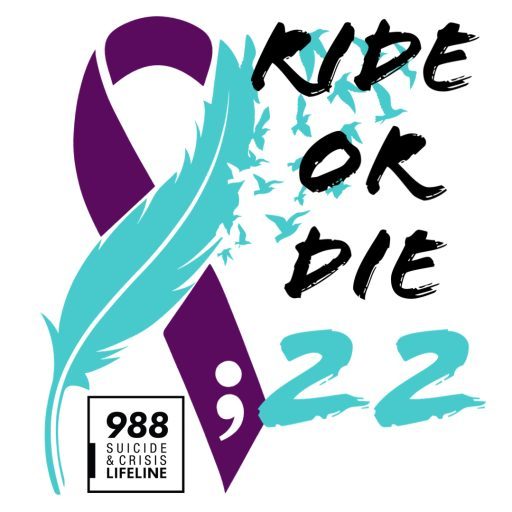If you need immediate assistance please call or text 988
Continue Your Story
Dive into an experience that sets us apart.
Break the sigma of seeking help, spread awareness of mental health and addiction recovery resources
Recovery Awareness and Resources: A Lifeline for Those in Crisis
Are you feeling alone, overwhelmed, and considering taking drastic measures to end your pain? You are not alone. Many people experience these thoughts and emotions, and there is help available. This article aims to raise awareness about recovery resources and provide guidance for those in immediate crisis. Remember, there is hope, and reaching out can make all the difference.
The Importance of Seeking Help
Why reaching out is crucial to your well-being
When faced with emotional distress, it’s easy to feel isolated and believe that no one understands what you’re going through. However, seeking help is vital for your well-being. By reaching out, you open the door to recovery and receive the support you need to navigate through difficult times.
Understanding the impact on family and friends
It’s common for loved ones to lack understanding when it comes to mental health issues. They may encourage you to “just get over it” or minimize the severity of your struggles. Remember, their lack of comprehension is not a reflection of your worth or the validity of your emotions. Utilizing recovery resources can help bridge the gap in understanding and strengthen relationships.
Resources for Immediate Crisis Support
Lifeline: Your Beacon of Hope
The Crisis Line is a helpline available 24/7, offering free and confidential support for individuals in crisis. By dialing 988, you can connect with trained professionals who can provide immediate assistance and guidance. They are there to listen, understand, and help you find the strength to overcome the challenges you are facing.
Crisis Line: A Lifeline at Your Fingertips
If calling 988 seems too overwhelming, consider texting the Crisis Line. Texting provides an alternative means of communication, allowing you to express your feelings openly and honestly. Trained professionals will be there to offer support, listen attentively, and guide you towards the necessary resources for recovery.
Finding Solace and Support through Shared Experiences
Connecting with Others who Understand
One of the most powerful sources of support during difficult times is connecting with individuals who have experienced similar struggles. Participating in support groups or online communities can provide a safe space for sharing your story and hearing the stories of others who have triumphed over adversity. This shared understanding can help alleviate the feelings of loneliness and provide a sense of validation.
The Power of Stories: Hope and Inspiration
Listening to others’ stories and personal experiences can be incredibly empowering. By hearing how individuals have overcome their darkest moments, you can gain insight, hope, and inspiration for your own recovery journey. Remember, you are not alone, and many others have faced and conquered the very challenges you are experiencing.
Life Does Get Better: A Reminder of Hope
Healing Takes Time: Patience is Key
Recovery is not a linear process, and healing takes time. It’s important to be patient with yourself and acknowledge that progress may come in small, incremental steps. The path to recovery is unique to each individual, and comparison to others’ journeys can be detrimental. Remember, your journey is valid, and your efforts will yield results.
Seek Professional Help: Expert Guidance on your Recovery Journey
While connecting with peers provides invaluable support, it’s essential to complement it with professional help. Therapists, counselors, and mental health professionals possess the expertise to guide you through the recovery process. They can provide personalized tools and strategies to help you navigate challenges, develop coping mechanisms, and maintain your mental well-being.
Why choose us

Resources
In times of crisis, it’s crucial to understand that there is hope and support available. Reaching out to the Lifeline or Crisis Line can provide immediate assistance in navigating through difficult emotions. Connecting with others who have shared similar experiences can bring solace and inspiration to your recovery journey. Remember, life gets better, and by seeking help, you are taking the first step towards a brighter future. You are not alone.

Experience
Sharing your story can become a lifeline for others caught in the turbulence of their own minds. It can serve as a guiding light, illuminating the path towards healing and recovery. By opening up about your journey, you unlock a profound empathy that binds us all together in our shared human experience.

Support Us
Your mental health is just as important as your physical health. Remember, self-care is not selfish, it is necessary. Our project operates solely on the generosity of donors and the sales from our store. Every contribution you make, every item you purchase, brings us closer to providing the support and resources needed by those struggling with mental health. Your support is not only valued; it is truly a lifeline for those in need. Together, we can create a world where mental health is prioritized, understood, and supported.

